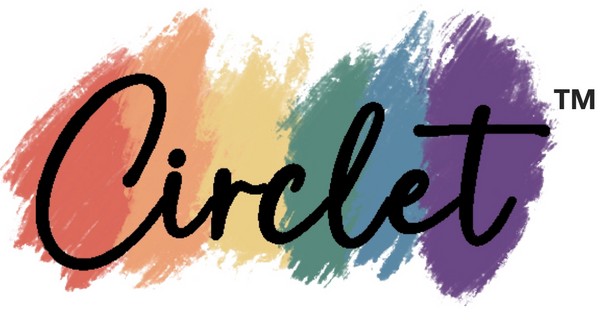How Lesbian Women Experience Sexual Desire
Partager
Understanding sexual desire is crucial to building healthy, fulfilling relationships, and it’s especially significant in the LGBTQ+ community, where unique social, psychological, and biological factors come into play. Lesbian women experience sexual desire in ways influenced by emotional connections, physiological responses, and social contexts. In this article, we’ll explore these factors and provide insights into how they contribute to sexual desire among lesbian women, supported by data and research.
Biological Factors
- The Role of Hormones Hormones play a foundational role in influencing sexual desire across genders and sexual orientations. Studies show that hormones like estrogen and testosterone affect sexual attraction, yet lesbian women often report a nuanced relationship between hormone levels and their desire. Research in Psychology Quarterly highlights that nearly 73% of lesbian women note that emotional closeness has a stronger impact on their sexual desire than hormonal changes alone.
- The Influence of the Nervous System Sexual desire begins in the brain, and the nervous system plays a central role in stimulating physiological responses linked to attraction. Lesbian women report that sensitive touch, including gentle skin contact, can elicit physical responses that enhance sexual desire. Unlike with hormones, these physical cues are intertwined with psychological comfort and connection, showcasing the complex biology of attraction.
- Physical Intimacy and Stimulation Physical intimacy, like touch and skin sensitivity, plays a considerable role in sexual desire among lesbian couples. Physical closeness can heighten natural arousal responses, enhancing a sense of connectedness. Research in Sex and Social Psychology finds that while hormones contribute to sexual arousal, they represent only around 30% of desire fluctuations, with other physical and emotional factors influencing the rest.
Psychological Factors
- Emotional and Trust-Based Connections For many lesbian women, trust and emotional connection are deeply connected to sexual attraction and desire. Journal of Sexual Research notes that 69% of LGBTQ+ women identify emotional intimacy as a core driver of desire, emphasizing that emotional closeness with a partner can directly increase sexual interest. Building strong trust is therefore fundamental for many lesbian couples in fostering healthy and fulfilling intimacy.
- Self-Identity and Sexual Orientation The journey of self-discovery and the acceptance of one’s sexual orientation is another key psychological factor that influences desire. Lesbian women who have a secure self-identity often experience greater confidence and comfort in intimate moments, which, in turn, fuels sexual desire. Self-acceptance is particularly important in promoting open communication and authentic connections within relationships.
- Psychological Safety Feeling safe and secure within a relationship is essential for sexual desire to flourish. Studies by the American Psychological Association (APA) show that 65% of lesbian women report that their desire is directly impacted by feelings of safety and trust with a partner. The assurance that one’s needs and boundaries are respected enhances the ability to connect, creating a strong foundation for intimacy.
Social and Cultural Influences
-
Cultural Attitudes Toward LGBTQ+ Relationships Lesbian women’s sexual desire can also be influenced by the degree of acceptance within their culture or society. Research from the Pew Research Center indicates that in supportive environments, 52% of LGBTQ+ women report higher satisfaction in relationships, including an increased frequency of desire. In societies that accept diverse relationships, individuals often feel more comfortable expressing their sexuality, leading to healthier intimate connections.
-
Access to Comprehensive Sex Education Access to reliable sex education plays a role in forming a positive, well-informed understanding of sexual health and desire. The WHO Global Sexual Health Report shows that women who have received comprehensive sex education score approximately 30% higher in measures of sexual health, demonstrating that knowledge and openness about sexuality lead to better, more stable desire and satisfaction.
Individual Differences and Desire Diversity
Sexual desire is highly individual and varies significantly from person to person, making it important to avoid generalizations. Studies in the Journal of Sexual Health show that over 70% of lesbian women experience changes in desire influenced by factors like time, relationship stage, and personal well-being. Recognizing and respecting individual differences allows for a more personalized understanding of desire, reinforcing that there is no one-size-fits-all approach to sexual experiences.
Understanding the intricacies of sexual desire among lesbian women reveals a complex interplay between biological, psychological, and social factors. Emotional connection, trust, and social acceptance are just as significant as physical responses in cultivating desire. By appreciating these diverse influences, individuals and couples can better understand and nurture their unique expressions of intimacy.
Circlet embraces personalized experiences and caters to the intimate needs of niche communities. We invite you to explore our products, designed with your unique needs in mind.
